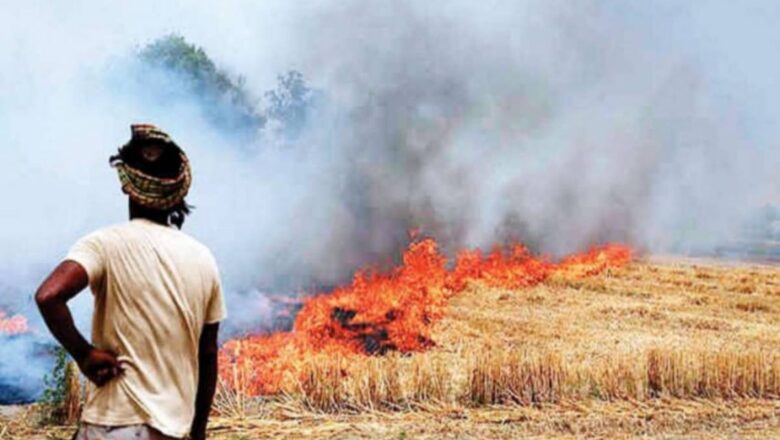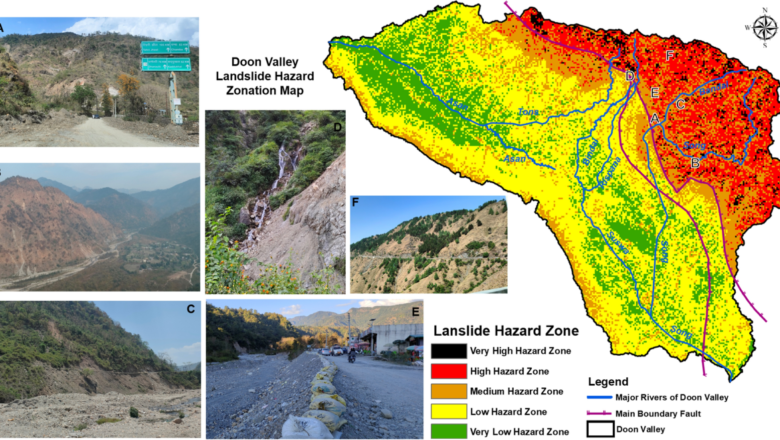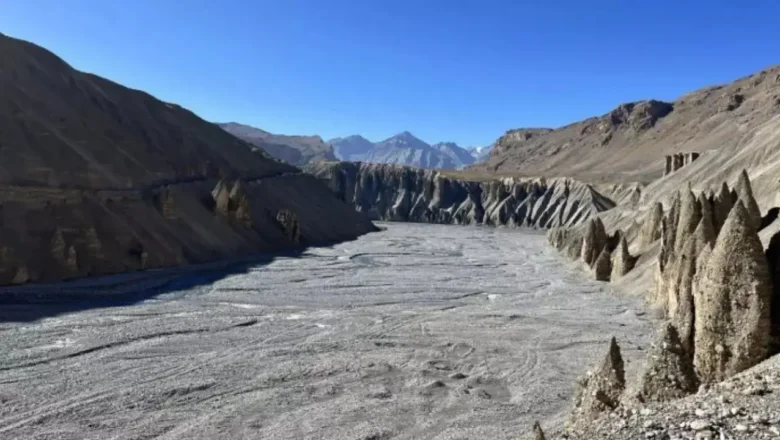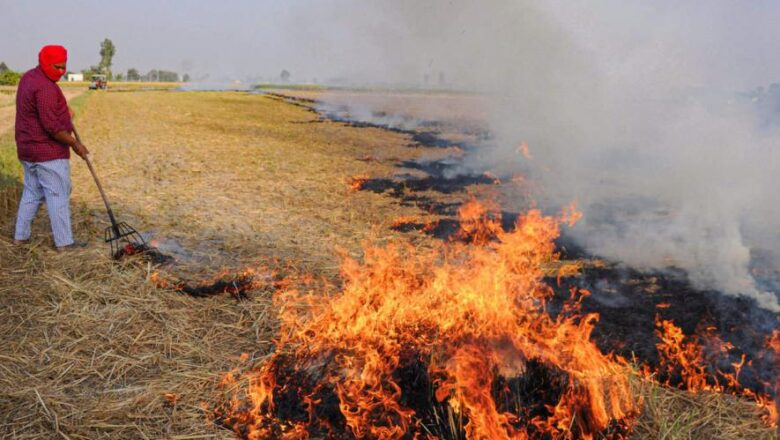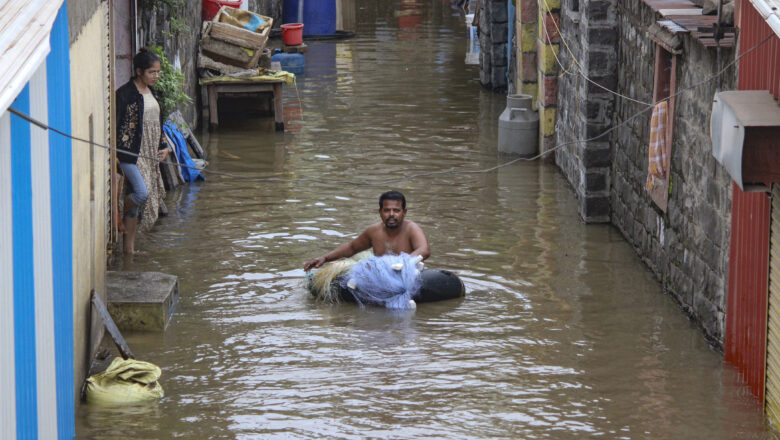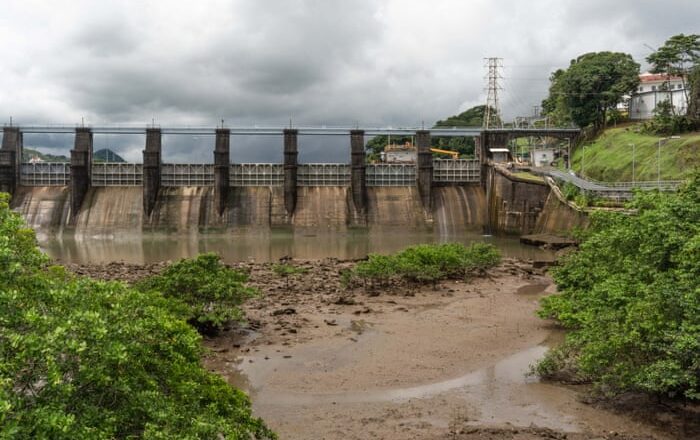
Striking Malabar Pied Hornbills Make Unexpected Appearance in Udupi City
The Malabar Pied Hornbill a spectacular black-and-white forest bird typically confined to the dense canopies of the Western Ghats, is now making regular appearances in the urban heart of Udupi, creating a buzz among local residents and naturalists.
The hornbills have been spotted in city areas like Brahmagiri and Ambalpady, perched on tall trees an unusual sight that experts view as both a sign of adaptation and a potential warning signal about vanishing forest habitats.
Forest Giants Shift to the City
Known for their large, curved yellow-and-black beaks and striking plumage, Malabar Pied Hornbills thrive in evergreen and moist deciduous forests. While the species is native to the broader Udupi district, their increasing presence within city limits is a noteworthy shift.
“Malab...

